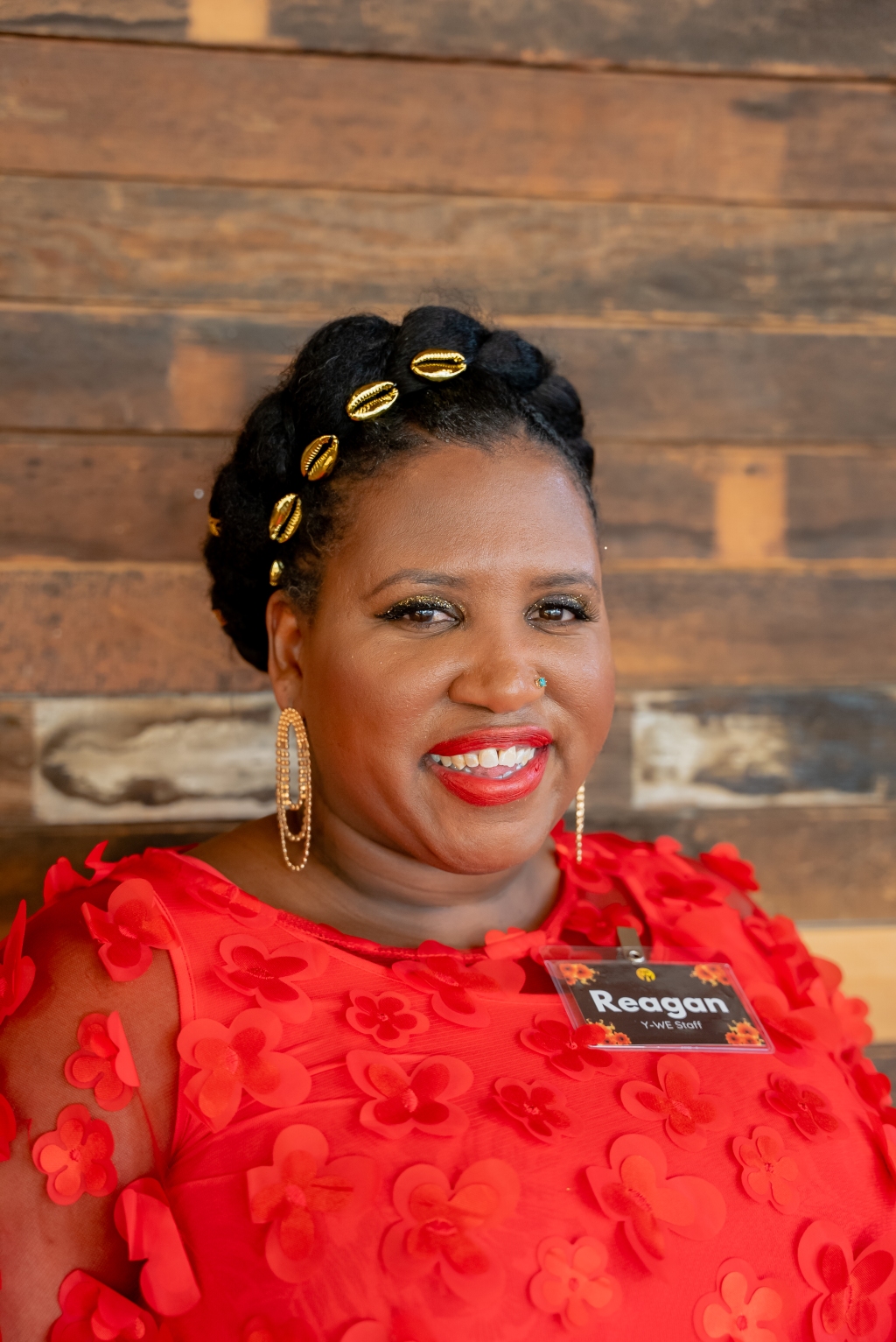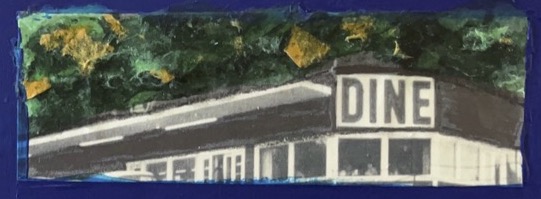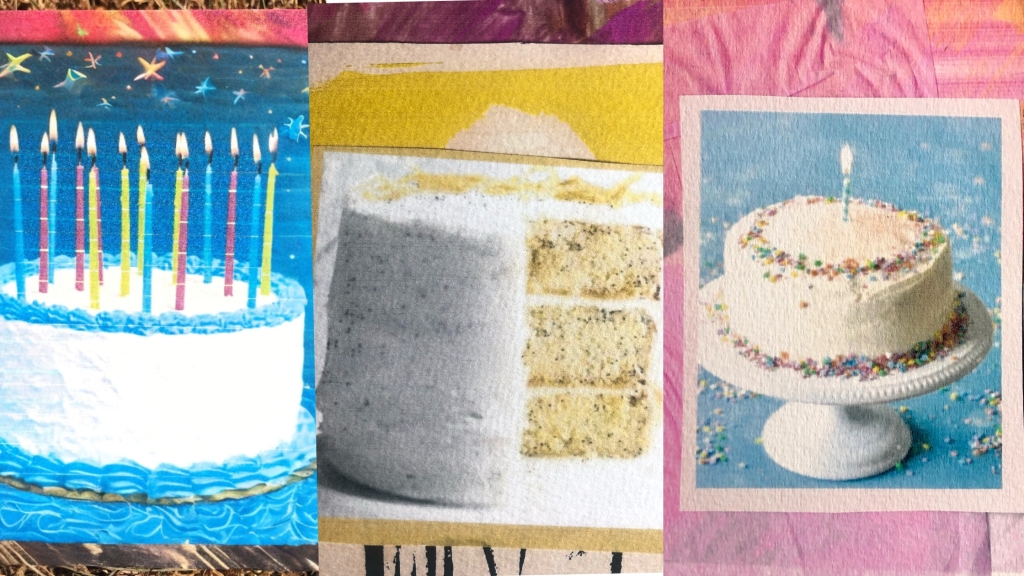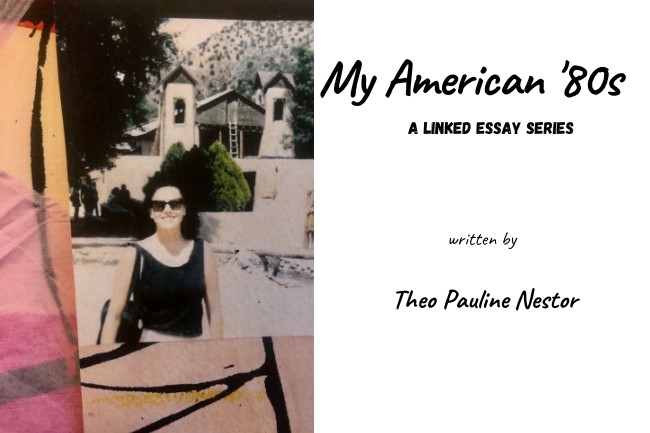When How to Sleep Alone in a King-Size Bed came out, people would sometimes say to me, “Writing this must have been very therapeutic for you.” And I would, I have to admit, cringe.
Why the cringe? I see the book as a story that I had worked long hours to craft and shape. I see writing as something I love, but that is also my job. When I think of therapeutic writing, I picture long scrawled journal pages of unfiltered, uncensored feelings. When the word therapeutic is used in reference to me and my work, I feel a smidge patronized. Pat me on the head while you’re at it, why dontcha?
However, there are a couple of problems with this objection. One: I sound like an ingrate. These people are most often readers of my book–maybe even buyers of my book. They are mostly likely well intended and simply wanting to connect with me about the writing process. Maybe they are wondering if writing about their experiences might be therapeutic to them, and they’re hoping I will pass off some bit of wisdom that might save them hundreds of wasted hours of time if this writing stuff isn’t therapeutic afterall.
And the other problem with this objection is that writing the book–and specifically publishing the book–actually has made me happier, but not for the reasons that people seem to assume, which I figure are a) writing is “therapeutic” and b) publishing is a glorious experience that brings you uninterrupted joy and the praise of others.
Writing some of the early pages of the book actually was–cringe–therapeutic. The first scribblings of the book started on a notepad I had in my purse that I pulled out waiting in an attorney’s waiting room. Across from me was a very thin woman of a certain age with a box of legal papers on her lap that she held tightly with her two thin hands. She had a very spare veneer of hair left which was combed over in an attempt to cover her scalp. Was she going through chemo and divorce? I wondered. And in this juncture of my life when I was frankly totally miserable and self-involved, I had a moment of insight that pulled me out of myself, of seeing that I was a part of something larger than my own private drama.
I took out the notebook and scribbled a short note about this woman. Making that note made me feel connected to the loss of others, making my loss seem smaller, which yes is therapeutic. And I continued pulling out that notebook for the next few months, making notes about the most hideous moments of the freefall through misery called divorce. Eventually, I took the notes to the computer, and yes, it was still feeling better than wallowing to start crafting a story about what I was going through. But not much later, the craft of writing took over, and while it is therapeutic to be involved in any endeavor that requires concentration and focus, writing a memoir is work, and it’s work that’s not as self-centered as it’s made out to be; my desire was to write a story that would capture the larger experience of divorce through my specific personal experience. There’s a heap of revision and research that goes into that, two R words I don’t usually associate with something that is therapeutic per se.
But, as I said, writing the book and the book’s publication has made me happier, and I’ve struggled sometimes to articulate just how that’s happened. Yes, there’s a feeling of success and that’s been good. I’ve made some wonderful friends who I never would have met if I hadn’t written the book. But I’ve always known there was something else, something that I couldn’t quite pinpoint.
And yesterday, I think I cracked the code, after watching this “The Power of Vulnerability” TED lecture in which Brene Brown explains how our happiness depends on our willingness to make ourselves vulnerable. I urge you to watch the 20 minute video, but in the meantime, here’s what I took away: Even though we might think fame, glory, and praise will be the tickets to happiness, the true source of our happiness in life lies in our connection to other people, but in order to have that connection we must be willing to reveal our authentic selves to others. People who believe they are worthy of connection tend to be willing to take that risk and therefore keep reestablishing their connection to others and therefore tend to be happier. However, many (most?) of us struggle with the worthiness piece (a feeling of shame can be a clue of this) and tend to avoid feeling vulnerable and duck out from opportunities to reveal our authentic selves.
And it is that revealing of the authentic selves that is exactly what writing (and publishing) a memoir requires. To write a full-length memoir, you have to share plenty of stuff that you’d just as soon keep out of public view.There are many reasons to avoid this, and many writers are out there avoiding it right now. It’s scary to write about your own experiences and share a hunk of the real you with people you’ve never met (and even worse, people you have), but what it has brought me has been an increased connection to others. Sometimes it’s strangers who write me and tell me the book has helped them and that’s pretty cool. But the truly amazing part is how King Size has connected me to people already in my circle. The other day a mother of one of my daughter’s friends pulled me aside with her face lit up. “I read your book!” she said. Part of me want to curl up. It was an awkward moment, knowing this acquaintance has this special knowledge about me that includes, amongst other vulnerable moments, a blow-by-blow account of my post-divorce romance. “I didn’t know if I should be reading it, ” she said, clearly feeling awkward herself. “But it was so good.” But what I saw in her face in that moment wasn’t praise for the book as literature (what I once thought would make me happy) but that she felt closer to me, that she understood me better. And, yes, it’s awkward this vulnerability stuff, this large-scale revealing of my authentic self. And yes, it has made me happier.





Leave a Reply